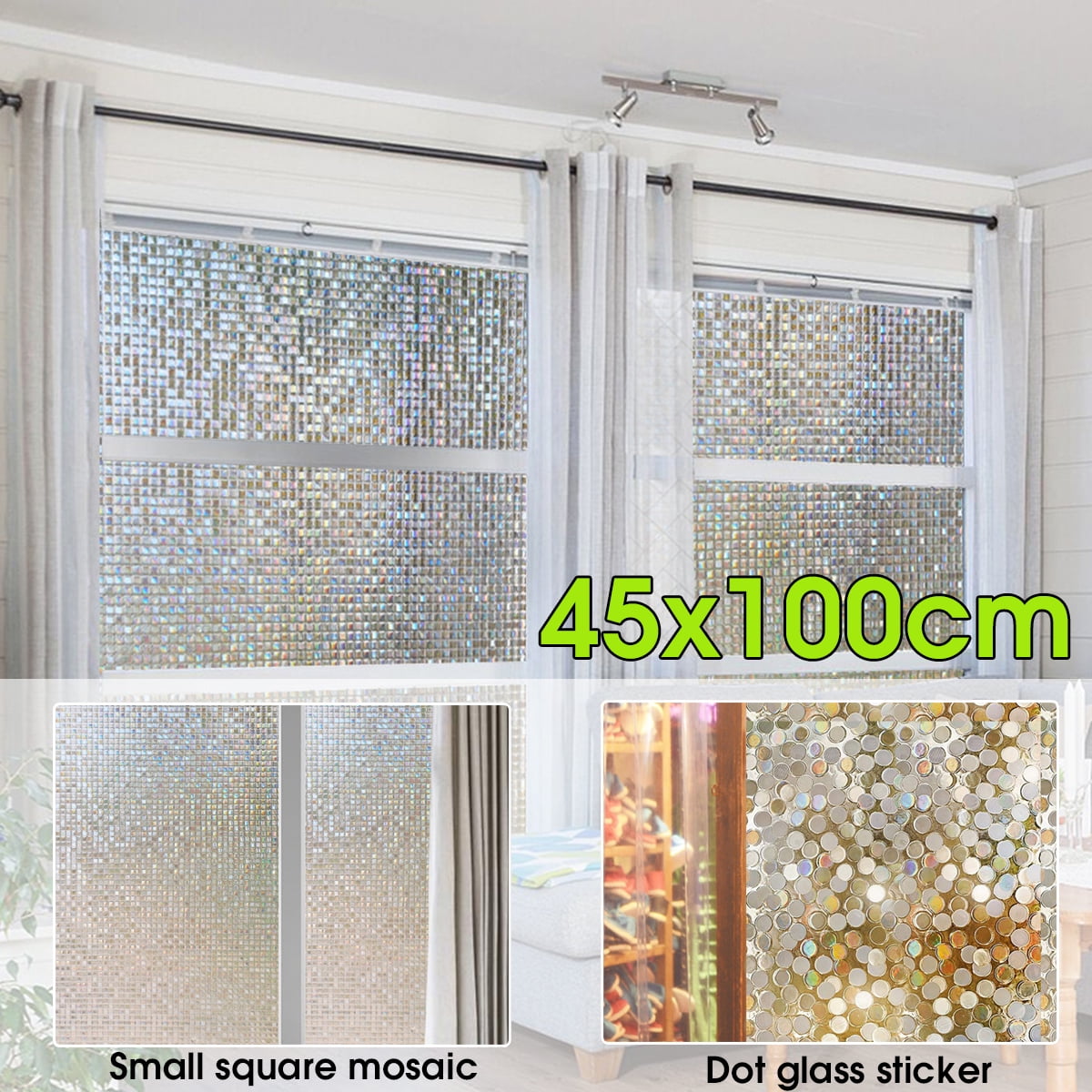

- #Windows privacy protector windows 10#
- #Windows privacy protector software#
- #Windows privacy protector password#
Windows 10 can determine your location to help with actions like automatically setting your current time zone. When you use a Windows 10 device, it is capable of sharing the following types of information with Microsoft's servers: With those two big, platform-independent factors out of the way, we can now turn to Windows 10 itself.
#Windows privacy protector software#
Anti-tracking software is typically a browser add-in and works with most popular browsers. Note that none of these steps is unique to Windows 10. Here, too, watch out for close ties between some ad-blocking add-ins and the third-party trackers they supposedly protect you from. By default, new Wi-Fi connections are defined as a Public network, which sets the Windows Firewall to reject unsolicited connections from the local network.Īd-blocking software can also provide some privacy protection as a side-effect of performing its basic function. When you're connected to an untrusted Wi-Fi network, it's important to prevent other devices on that network from making connections to your PC.

If you'd prefer never to make those automatic connections, go to Settings > Network & Internet > Wi-Fi and turn the Hotspot 2.0 Networks switch to the Off position. That controversial feature has been removed, and the Wi-Fi Sense feature now consists exclusively of an option to connect to paid, open hotspots that have been marked as known and trusted by Microsoft.
#Windows privacy protector password#
In the initial release of Windows 10, the Wi-Fi Sense feature allowed Windows 10 to share a Wi-Fi password with some of your contacts. That option is currently available for Windows Insider builds but should be available for mainstream customers later. Setting up secure DNS over HTTPS is one solution. Using a virtual private network whenever possible is an excellent best practice.Įven with encrypted connections, your network provider can still gather information about your destinations. Regardless of the platform you use, that's why it's important you use encrypted connections for any kind of sensitive communications. That's why the software and services we use are loaded with switches and dials designed to help you take control of their potential privacy impact. I know others who would like to build a virtual Faraday cage around their computing hardware so that none of their personal details can escape.īoth of those viewpoints, and everything in between, are perfectly valid. I know people who are thrilled at the idea that their PC or mobile device is so familiar with their actions that it can anticipate what they'll do next. The thing about that line is that it's drawn in a different place for everyone. Your digital personal assistant, whether it's Siri or Cortana or Alexa or Google, needs to be able to see your calendar and contacts to make that magic happen.īut when that sort of personal attention goes too far, it " crosses the creepy line," to use a phrase that Eric Schmidt probably regrets uttering when he was Google's CEO.

There's something profoundly satisfying about a service that anticipates your every move, reminding you when to leave for an appointment to arrive on time, or to pick up flowers for your anniversary tomorrow.


 0 kommentar(er)
0 kommentar(er)
